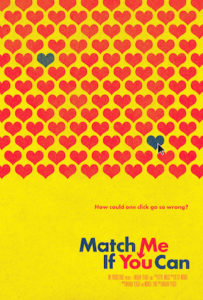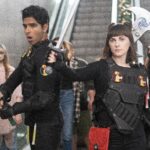Find out where you can watch Match Me If You Can this weekend. We have just the list for you. It includes our select theaters and all the On Demand Platforms. ... Read More
Q&A part 1
Q&A with director Marian Yeager
– part 1
Q. What do you love about directing?
There are several things I love about directing. One of my favorite things is being able to bring a story alive. I’ve been a storyteller most of my life and come from a family of great storytellers.
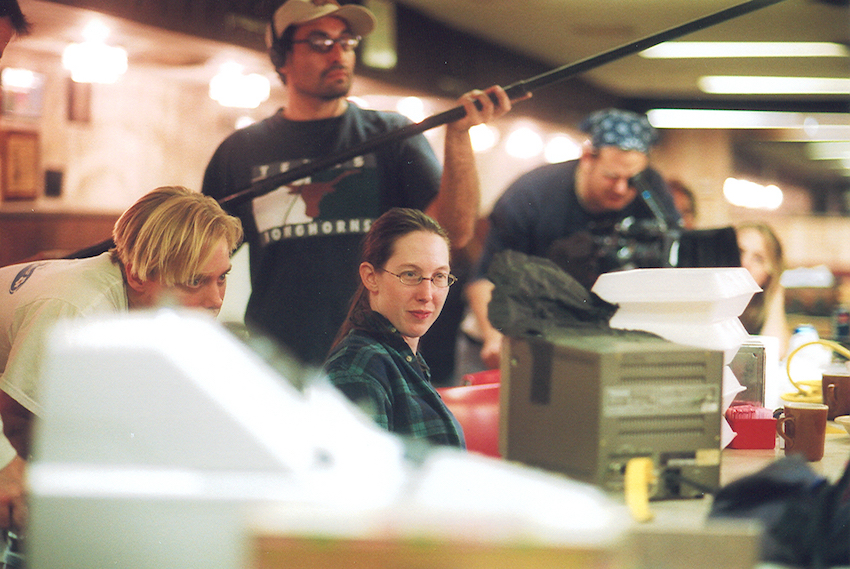
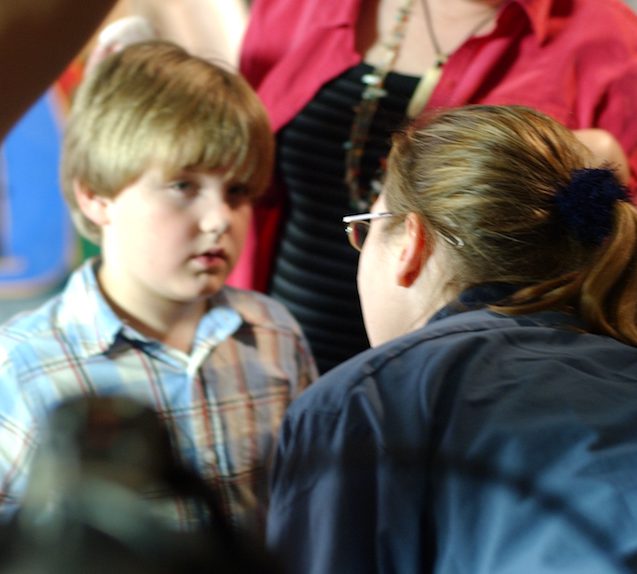
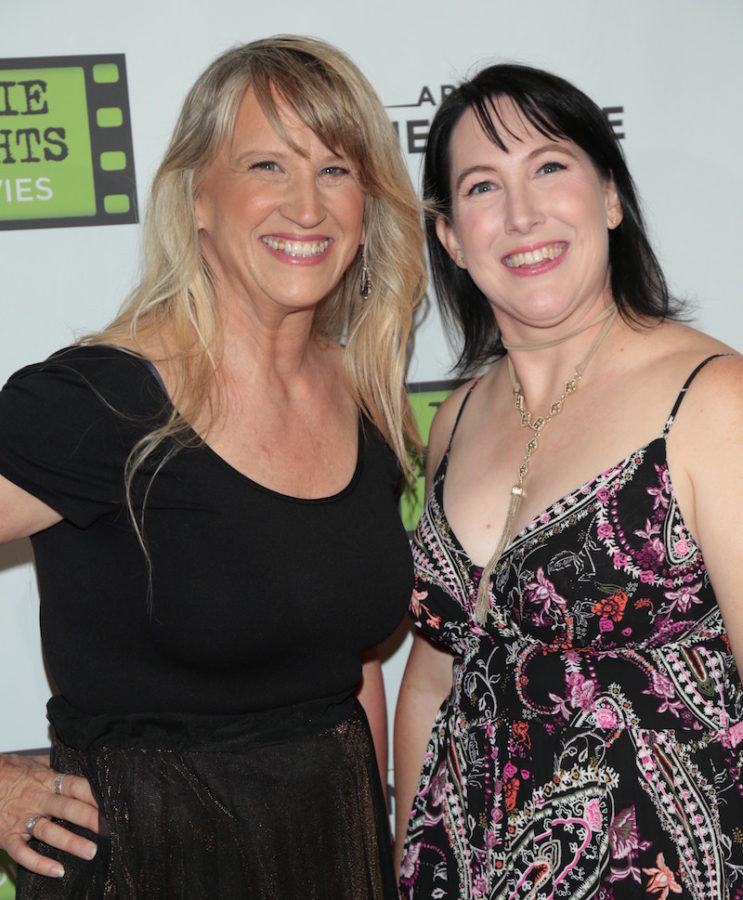
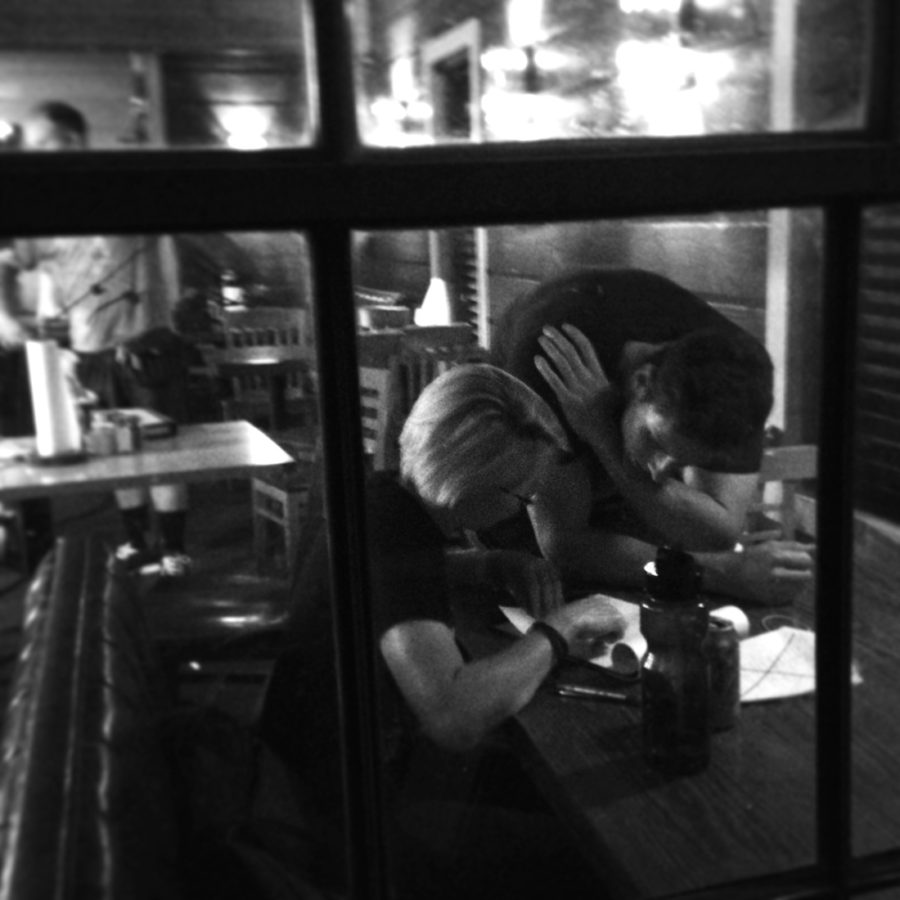
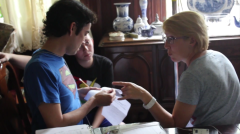

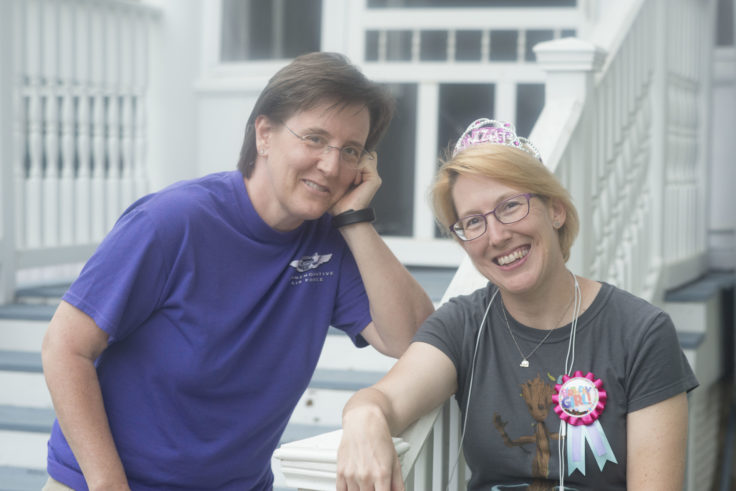
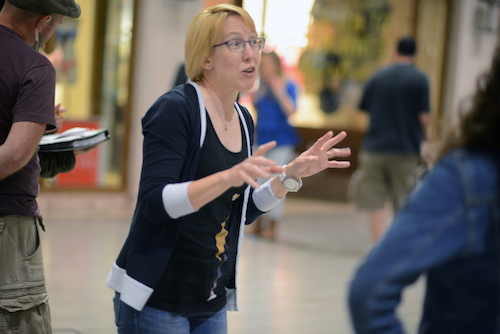
So, to be able to bring the world and characters of a great story from my head or from a script into the visual world of film is amazing and very satisfying. And when its all said and done, to sit in a theater and hear and see the audiences reactions is priceless. I love the process of breaking down the script, working with my DP, actors, and key department heads to create a plan to achieve my vision for the film. Being on set is like no though place in the world, it truly is like being home. There is this energy, everyone has a job and we are all trying to do the very best we can.
Q. How would you best describe your filmmaking style?
I’m very collaborative and love brainstorming session. From script to screen. When writing it always helps me to bounce ideas off of people, see their reaction, and brainstorm with them. After the writing is complete and I’ve broken down the script some of the most productive and enlightening work happens as I collaborate with my actors, DP, and department heads. The collaboration continues on to set and into post production.
Q. You have worked in the film industry as a director, producer, teacher, and screenwriter. How does this affect your work as a director? Does this give you a different perspective?
Every job I’ve had in the film industry has contributed to making me a stronger and conscientious director. Starting my career within the art department allowed me to see how the world is created that the cast and crew play in but also how different their hours are from the rest of the production crew. Being they are the first in at a location and the last out. Which makes it very important you have very personable and diplomatic. As a script supervisor, I learned how to watch the actors and saw the inner workings of the director’s job as well as how important a good relationship between the director and assistant director can make or break the machine that is the set movement. Producing gives me a break grounding – knowing what it takes to get us on to the set and the film to be made and screenwriting
“As a director, it is incredibly important to focus on what you have and how to make it work.”
~Marian Yeager
Q. What do you look for when considering a new project?
When considering a project I look for a strong story that I connect to. I have to love the story that’s being told but also feel that I can make it even better. Sometimes you get a script and i’’s an awesome idea and you just love it but it’s not a story you feel you can bring anything new to or my point of view isn’t right for that story. That’s hard to say no. But I feel you have to have your whole heart and soul invested otherwise you might get a good film when it could have been a great film.
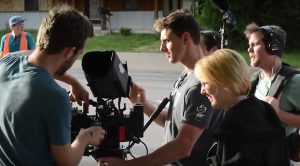
Another important thing I look at are the people. I feel that your team also has a huge impact on the film and if you don’t get along or someone brings drama to the table it take away from the experience and can in some situations kill the project. It’s important to me that we work well together and that everyone can get on to the same page.
Film is so collaborative, so you have to be able to make decisions on what’s best for the story and film not for your ego. The film comes first and the team needs to all agree to that.
Q. When you first arrive on set, what do you do?
I have a tradition when I first arrived on set. I grab a coke and breakfast taco and I sit down just outside of set and I go through the scene that is first up. I run through it visualizing the dance I want the actors to do. I think about what I see and how it makes me feel.
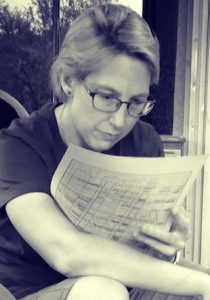
Once I finish going through the scene a few times I’m usually done eating and I go onto set. There I read through the scene a few more times – things always change once you are in the space of the set – so I modify a few things.
More things will be modified when the actors and the DP starting going through the scene with me. But this process helps me know my plan so that I can modify easily when things aren’t going to work the way we thought they would. Its also a way to remind myself what we are doing here and what this scene in particularly is about. Shortly after that, I go by and see my actors then find my DP and we start our day.

